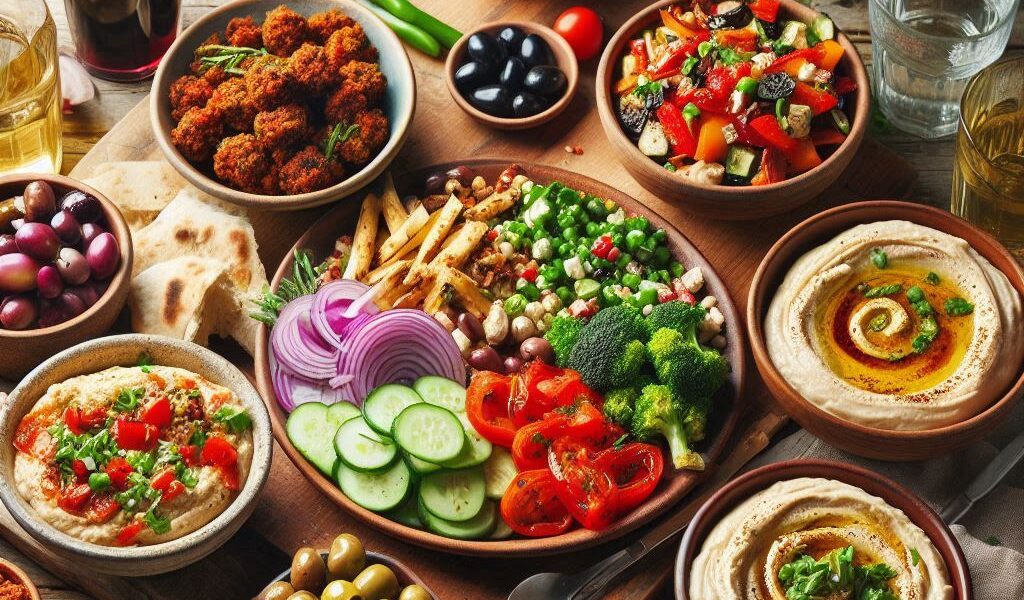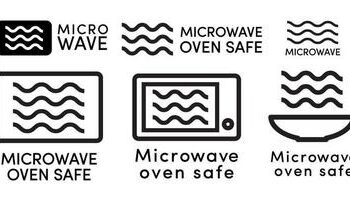What is the
Mediterranean Diet?
The Mediterranean Diet, widely
regarded as one of the healthiest in the world, originates from the
Mediterranean basin, a region that has seen the convergence of European,
African, and Middle Eastern culinary traditions. Although each country in this
region has its own unique food practices, several common characteristics define
the Mediterranean diet. At its core is an emphasis on plant-based foods,
including fruits, vegetables, legumes, nuts, seeds, whole grains, and olive oil
as the primary fat source. Moderate consumption of fish, dairy, and poultry
also feature, while red meat and processed foods are limited. One of the
hallmarks of the Mediterranean lifestyle is the joy of eating and the social
nature of meals.
This way of eating, more than
a mere dietary pattern, is recognized as a lifestyle and was declared part of
the Intangible Cultural Heritage of Humanity by UNESCO. It emphasizes preparing
meals from fresh ingredients, sharing food, and taking the time to enjoy it in
a relaxed, convivial atmosphere. Meals are not just about nutrition but about
connecting with others and enjoying life.
The
Scientific Origins of the Mediterranean Diet
What we now call the
“Mediterranean Diet” draws from the dietary habits of people living
in Southern Italy and Greece during the 1950s and 60s, long before
globalization introduced processed foods to these regions. Back then, their
diet was simple and mainly vegetarian, typical of the rural and poorer
communities in those areas. The scientific interest in this diet began with
studies like the Seven Countries Study, which revealed that people in these
regions—particularly on the Greek islands of Crete and Corfu—had significantly
lower rates of cardiovascular diseases compared to countries like the United
States and Finland. Since the primary difference between these populations was
their diet, researchers hypothesized that the Mediterranean diet contained elements
that helped prevent heart disease. Over time, numerous studies have confirmed
the protective benefits of this diet.
Core
Components of the Mediterranean Diet
The Mediterranean Diet is
typically illustrated through a pyramid that emphasizes the consumption of
certain foods over others. Let’s break down its primary components:
- Abundance of Plant-Based Foods: Whole
grains, vegetables, fruits, legumes, and nuts are staples. These foods
provide essential nutrients like fiber, vitamins, and minerals. - Olive Oil as the Primary Fat Source: Extra
virgin olive oil is rich in heart-healthy monounsaturated fats and
antioxidants. It is central to Mediterranean cooking and is often used in
salads, cooking, and even drizzled on bread. - Moderate Intake of Animal Products: Fish,
poultry, and dairy products are consumed moderately, with an emphasis on
seafood. Oily fish like salmon, mackerel, and sardines provide beneficial
omega-3 fatty acids. - Limited Red Meat and Sweets: Red
meat and processed foods, including sugary treats, are eaten sparingly.
Instead, fresh fruit often serves as dessert.
Health
Benefits of the Mediterranean Diet
The Mediterranean Diet is
praised for its protective effects against cardiovascular diseases. Studies
have shown that populations adhering to this diet experience significantly
lower rates of heart disease, stroke, and other chronic conditions. The combination
of antioxidant-rich fruits and vegetables, healthy fats from olive oil, and
omega-3s from fish help reduce inflammation, maintain healthy cholesterol
levels, and improve overall heart health.
Additionally, the diet has
been linked to longevity. Many of the world’s “Blue Zones,” where
people live exceptionally long and healthy lives, follow dietary patterns like
the Mediterranean Diet. The people of Crete and coastal Italy, for example,
live longer and have lower rates of degenerative diseases compared to those in
Western countries where processed foods dominate.
How to Eat
Seasonally on the Mediterranean Diet
The Mediterranean Diet is
adaptable and encourages eating foods that are in season, which ensures
freshness and nutrient density. Here are some examples of how you can adjust
your Mediterranean meals according to the seasons:
- Spring: This season brings a
variety of fresh greens, herbs, and early vegetables. You can enjoy dishes
like Greek salad made with cucumbers, tomatoes, olives, feta
cheese, and olive oil. Another spring favorite is fava bean dip
(broad beans pureed with olive oil, lemon, and garlic). - Summer: The abundance of fresh
produce makes summer the perfect time for grilled vegetables like
zucchini, eggplant, and bell peppers. Pair them with grilled fish
like sea bass or sardines, seasoned with olive oil and fresh herbs like
rosemary and oregano. - Autumn: As the weather cools,
root vegetables and legumes become staples. You can enjoy dishes like lentil
stew with carrots, onions, and tomatoes, or roasted butternut
squash drizzled with olive oil and sprinkled with pine nuts. - Winter: Winter is the time for
heartier fare like vegetable soups and stews. A classic winter dish
is minestrone soup, made with beans, potatoes, and leafy greens. Stuffed
grape leaves filled with rice and herbs are another comforting winter
option.
Famous
Mediterranean Recipes You Can Easily Make
Here are some simple and
delicious Mediterranean recipes to try at home:
1. Greek
Salad
A fresh and vibrant dish,
perfect for a light lunch or dinner.
Ingredients:
- 2 large tomatoes, chopped
- 1 cucumber, sliced
- 1 red onion, thinly sliced
- 1 bell pepper, chopped
- Handful of black olives
- 100g feta cheese, crumbled
- 3 tbsp extra virgin olive oil
- 1 tbsp red wine vinegar
- Salt and pepper to taste
Instructions:
- In a large bowl, combine tomatoes, cucumber,
onion, and bell pepper. - Add olives and crumbled feta cheese.
- Drizzle with olive oil and red wine vinegar.
- Season with salt and pepper, then toss everything
together and serve.
2. Lemon
Herb Grilled Chicken
A simple yet flavorful dish
that’s easy to prepare.
Ingredients:
- 4 chicken breasts
- Juice of 2 lemons
- 2 tbsp olive oil
- 2 garlic cloves, minced
- 1 tsp dried oregano
- Salt and pepper to taste
Instructions:
- In a bowl, whisk together lemon juice, olive oil,
garlic, oregano, salt, and pepper. - Place the chicken breasts in the marinade, making
sure they’re fully coated. Let them sit for at least 30 minutes. - Grill the chicken for 6-8 minutes on each side
until fully cooked. - Serve with a side of grilled vegetables or a
Greek salad.
3.
Minestrone Soup
A hearty and nutritious soup,
perfect for cooler days.
Ingredients:
- 1 onion, chopped
- 2 carrots, diced
- 2 celery stalks, chopped
- 2 potatoes, diced
- 1 zucchini, diced
- 1 can of tomatoes
- 1 cup of cooked beans (kidney or cannellini)
- 4 cups vegetable broth
- 2 tbsp olive oil
- Salt and pepper to taste
Instructions:
- Heat olive oil in a large pot and sauté onions,
carrots, and celery for 5 minutes. - Add potatoes, zucchini, and canned tomatoes. Cook
for another 5 minutes. - Pour in the vegetable broth and bring the mixture
to a boil. - Reduce heat and simmer for 25 minutes. Stir in
the beans and cook for another 10 minutes. - Season with salt and pepper, and serve with a
drizzle of olive oil.
Conclusion:
A Lifestyle for Long-Term Health
The Mediterranean Diet, more
than just a way of eating, is a lifestyle that promotes long-term health,
social connection, and overall well-being. With its focus on whole,
nutrient-dense foods and the joy of eating, it’s easy to follow and adaptable
to individual preferences. Whether you’re looking to improve heart health,
manage weight, or simply enjoy delicious, wholesome meals, the Mediterranean
Diet offers a sustainable and enjoyable path to a healthier life.









